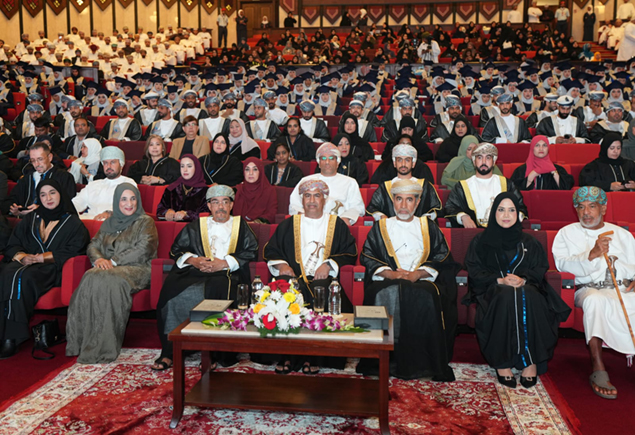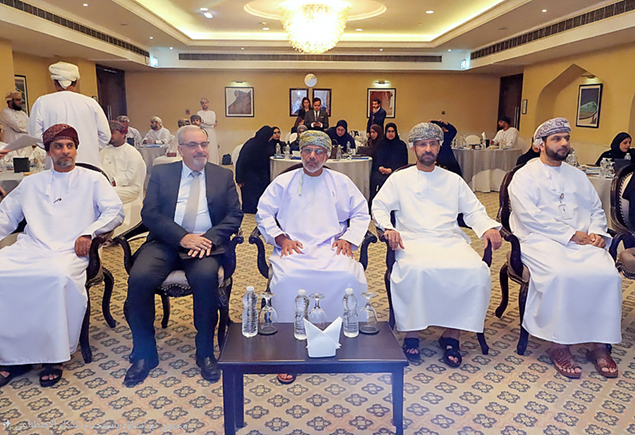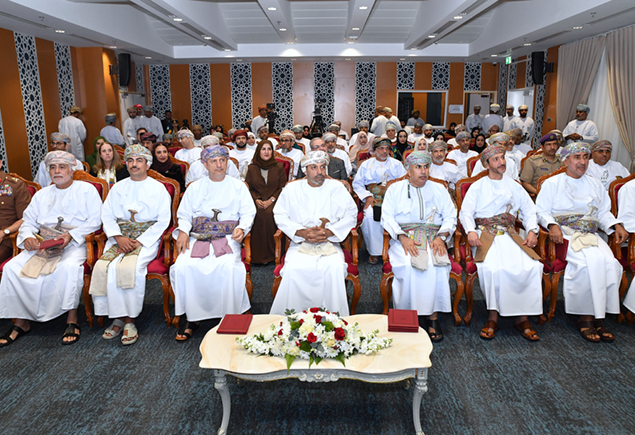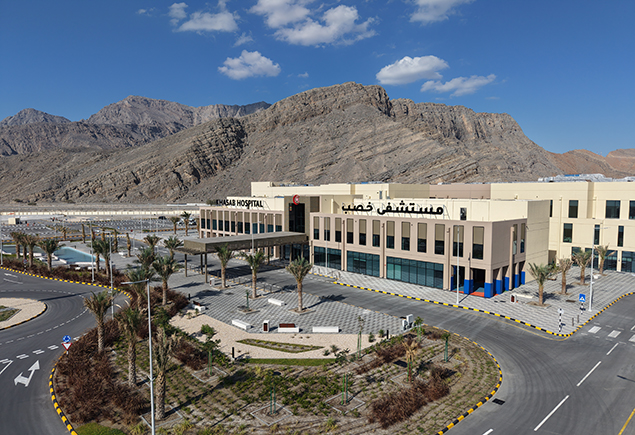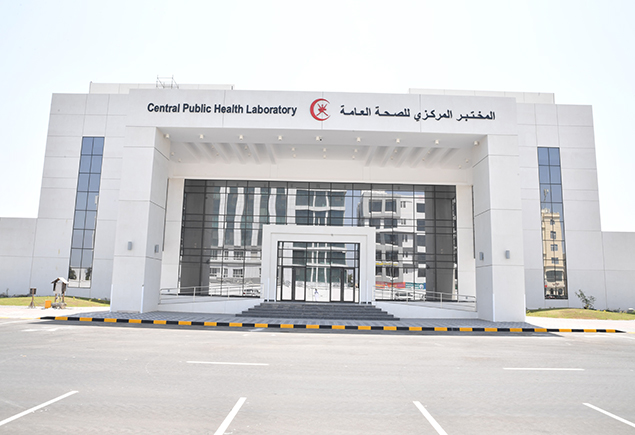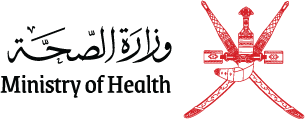The Ministry of Health (MOH) organized today (Thursday) an introductory meeting on the National Awareness Campaign for Pre-Marital Medical Screening, aimed at raising awareness about the campaign, which will run throughout 2025.
H.E. Dr. Said Harib Al-Lamki, MOH Undersecretary for Health Affairs, who delivered a welcoming speech highlighting the importance of the campaign and its objectives, inaugurated the meeting. He stressed the need for collaboration across all sectors to ensure the success of the national awareness campaign for pre-marital medical screening.
Dr. Badriya Al-Rashidi, Director General of the Directorate General of Health Services and Programs, introduced the National Awareness Campaign, discussed its objectives, and its various phases, and outlined the expected roles of the participating entities to ensure effective involvement in supporting the campaign's activities.
The Ministry of Social Development participated in a working paper that discussed the social implications of the transmission of genetic and infectious diseases to individuals and families.
The Supreme Judicial Council presented a working paper on the legal, regulatory, and legislative frameworks for mandatory pre-marital screening. In addition, Fahad Yusuf Al-Agbari, a lecturer in law at the University of Sharqiya, contributed a working paper on pre-marital medical screening within the context of child rights and human rights.
The meeting concluded with a working paper presented by Dr. Jamila Taisir Al-Abri, Director of the Women's and Children's Health Department, in which she discussed the impact of implementing mandatory screening on Omani society and the future aspirations related to it.
It is worth mentioning that the pre-marital medical screening service was introduced in the Sultanate of Oman in 1999 as an optional service at all government primary healthcare institutions. The Ministry of Health has adopted the program as an effective preventive measure to reduce the spread of hereditary blood disorders and lower the incidence of maternal and child deaths caused by these diseases.
The pre-marital medical screening program aims to reduce the spread of certain hereditary blood disorders such as sickle cell anemia and beta-thalassemia. The program also aims to raise awareness about the concept of comprehensive healthy marriage and to prevent social and psychological problems for families with affected children.
Furthermore, reducing the prevalence of these diseases alleviates pressure on healthcare institutions and blood banks and helps reduce the financial burdens on families and society due to the treatment of affected individuals.

